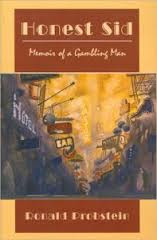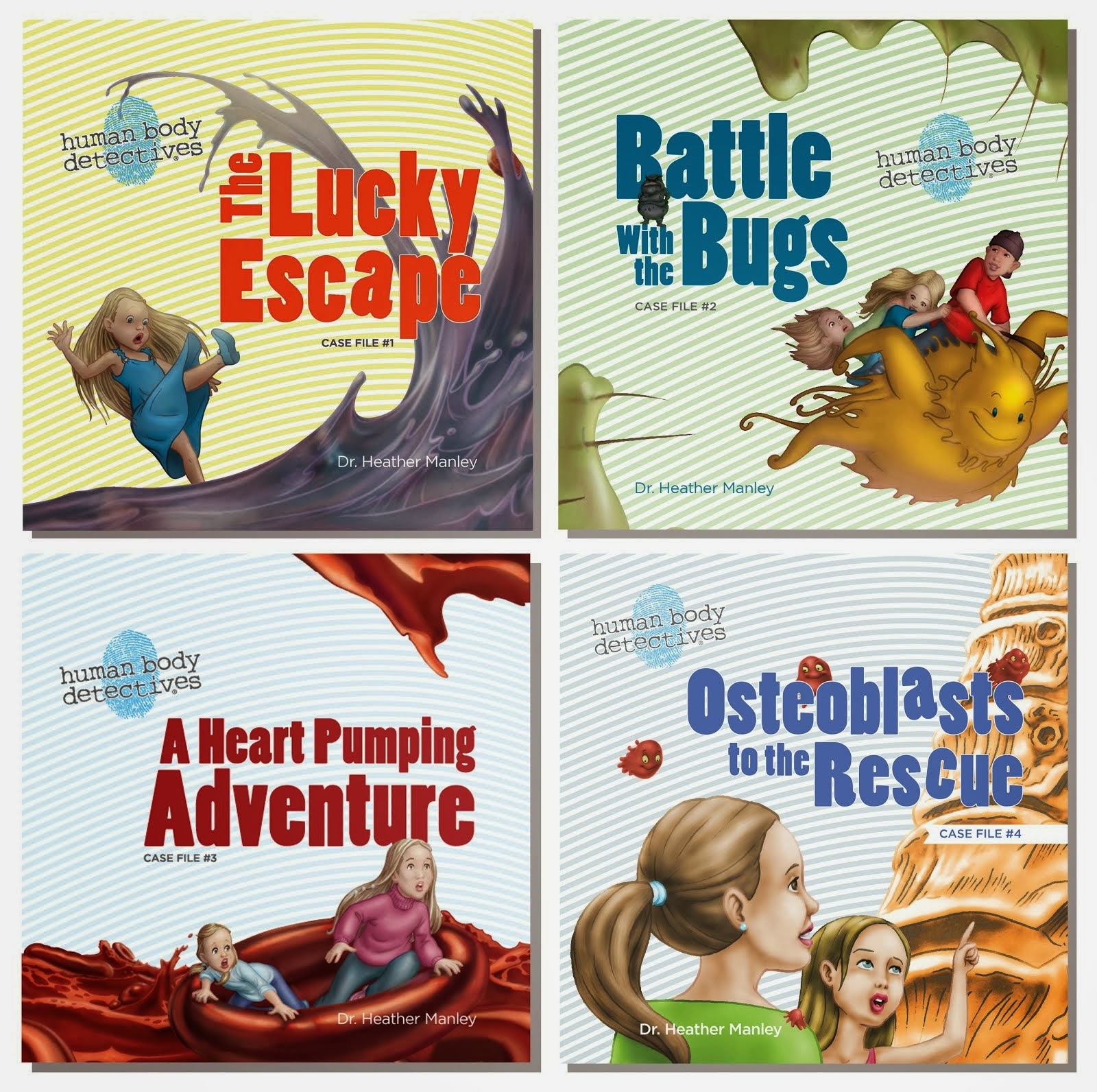The Footsteps I Follow: Authors I Admire
I
don’t know where to start with this question. I tried to pattern my
writing, in a way, after Edgar Rice Burroughs. He used short scenes,
lots of action, parallel plot lines and cliff hangers at the end of each
scene.
More modern writers that I would like to emulate include Elizabeth George, Robert Ludlum and Tom Clancy.
I
love the way that Elizabeth George’s mysteries are character driven. I
get so interested in the personal lives of the characters that I don’t
care who dunnit. I would like to write thrillers like that. I want the
readers to care about Ted and Chris so that the adventure is secondary.
Robert
Ludlum basically invented the modern thriller with his Bourne Identity
series. He uses locations like characters in his novels. His action is
thrilling and you can feel each blow as Jason Bourne struggles to find
his past.
Of
course, Tom Clancy is the master. He goes into great depth developing
his stories and characters. He has earned the right to write novels of
great length. He has proven himself. The publishers know that readers
will buy this very expensive books because they are that good.
Can
I emulate any of these people? I don’t know. I only know that I learn
lessons from them and try to put them into effect in my own writing.

If Clive Cussler had written Ugly Betty, it would be Hacker for Hire.
Hacker for Hire, a suspense novel about corporate greed and industrial espionage, is the second book in a series about Latino computer security analyst Ted Higuera and his best friend, para-legal Chris Hardwick.
The goofy, off-beat Ted Higuera, son of Mexican immigrants, grew up in East LA. An unlikely football scholarship brought him to Seattle.
Chris, Ted’s college roommate, grew up with a silver spoon in his mouth. His father is the head of one of Seattle’s most prestigious law firms.
Ted’s first job out of college leads him into the world of organized crime where he faces a brutal beating. After being rescued by beautiful private investigator Catrina Flaherty, Ted decides to go to work for her.
Catrina is hired by a large computer corporation to find a leak in their corporate boardroom when the previous consultant is found floating in Elliot Bay.
Ted discovers that Chris’s firm has been retained by their prime suspect. Now he and Chris are working opposite sides of the same case.
Ted and Catrina are led deep into Seattle’s Hi-Tech world as they stalk the killer. But the killer is also hunting them. Can Ted find the killer before the killer finds him?
Hacker for Hire, a suspense novel about corporate greed and industrial espionage, is the second book in a series about Latino computer security analyst Ted Higuera and his best friend, para-legal Chris Hardwick.
The goofy, off-beat Ted Higuera, son of Mexican immigrants, grew up in East LA. An unlikely football scholarship brought him to Seattle.
Chris, Ted’s college roommate, grew up with a silver spoon in his mouth. His father is the head of one of Seattle’s most prestigious law firms.
Ted’s first job out of college leads him into the world of organized crime where he faces a brutal beating. After being rescued by beautiful private investigator Catrina Flaherty, Ted decides to go to work for her.
Catrina is hired by a large computer corporation to find a leak in their corporate boardroom when the previous consultant is found floating in Elliot Bay.
Ted discovers that Chris’s firm has been retained by their prime suspect. Now he and Chris are working opposite sides of the same case.
Ted and Catrina are led deep into Seattle’s Hi-Tech world as they stalk the killer. But the killer is also hunting them. Can Ted find the killer before the killer finds him?
Buy Now @ Amazon
Genre – Mystery, Thriller
Rating – R
More details about the author
Connect with Pendelton Wallace on Facebook
Website www.pennwallace.com




















